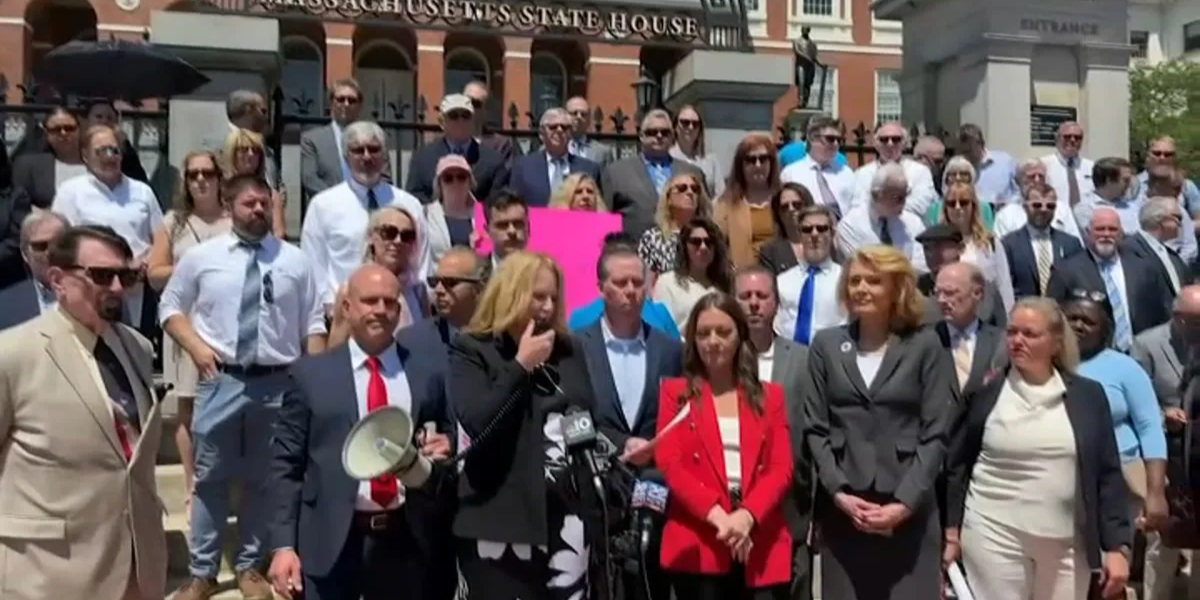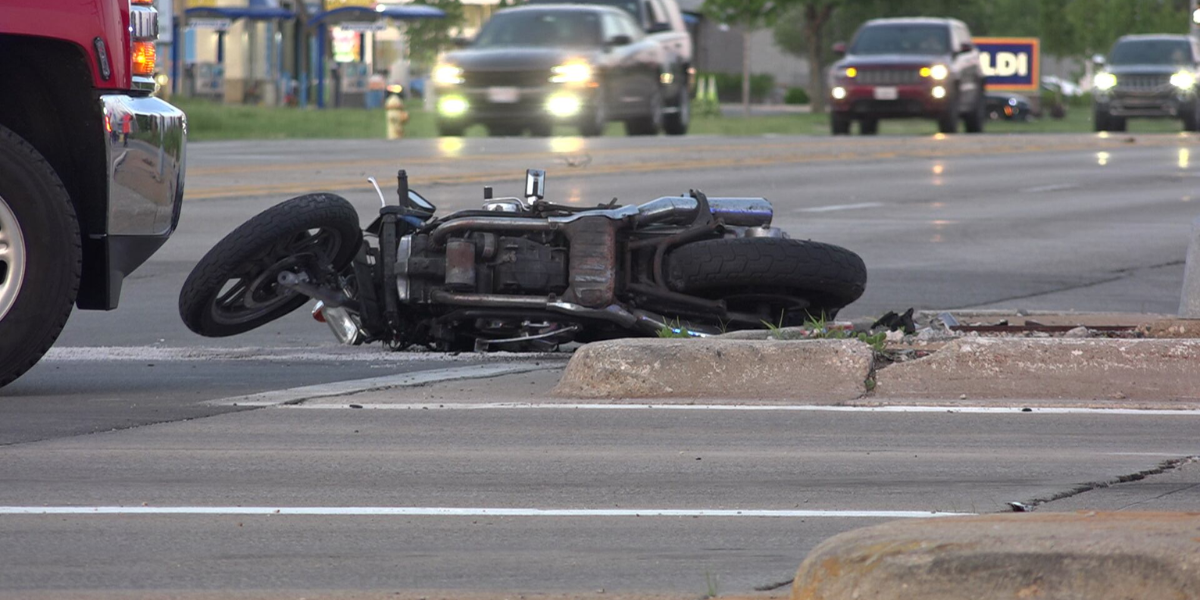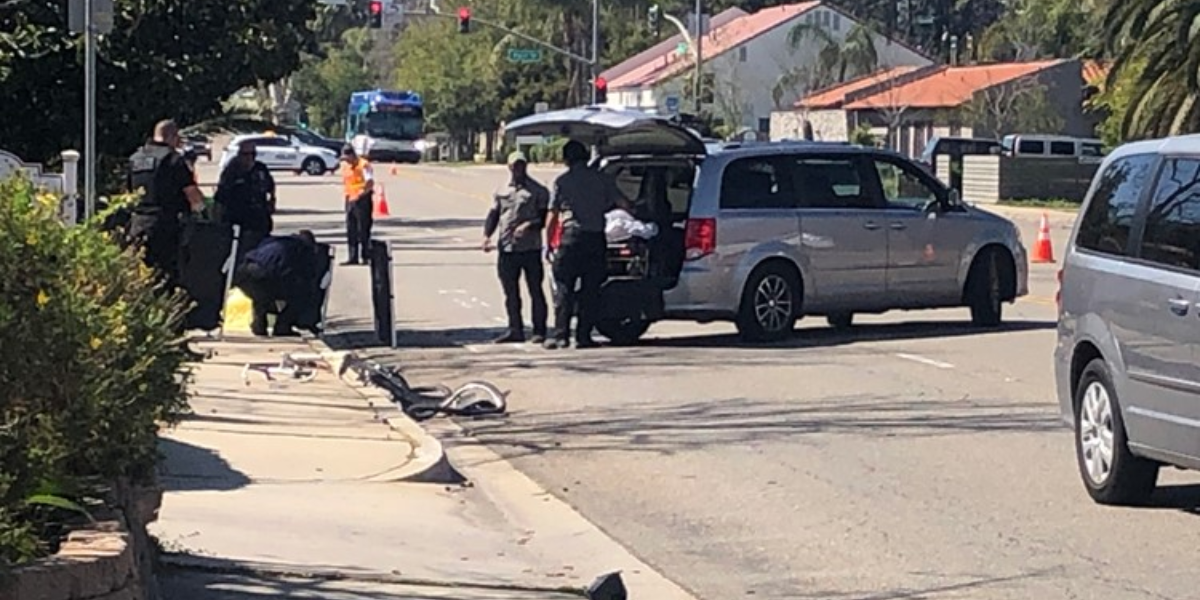During the more than a month-long strike by public defenders in Boston, hundreds of individuals who have been accused of committing crimes may have their cases dismissed, and it is possible that some of them may be released as soon as Monday.
It is anticipated that it will be necessary for certain defendants who have been detained for a week to appear before a judge at the Boston Municipal Court and submit a request to be freed. Because of an emergency protocol that was issued by the Supreme Judicial Court, it is possible that their request may be agreed upon.
Since May, a significant number of bar advocates have ceased taking cases because they are of the opinion that they are paid an inadequate amount of $65 per hour. They do not receive any perks, retirement, or overhead compensation in addition to their income. Bar advocates are essentially independent attorneys who protect the interests of eighty percent of defendants who are unable to afford legal representation.
The salaries of public defenders are increased by a factor of two in certain neighboring states.
A defendant who has been held for seven days without representation is required to be freed from custody, according to the “Lavallee protocol,” which was established by the Supreme Judicial Court when it became involved in the debate. Any individual who has not retained legal representation by the end of the 45-day period would have their case dismissed. It is possible that the charges could be re-filed at a later date if the proceedings were dismissed without prejudice.
Public defenders in Massachusetts have gone on strike, and as a result, the highest court in the state is now enabling individuals who have been accused of committing crimes to be released and, in some instances, to have their cases dismissed. As compared to their colleagues in other states, the attorneys who are at the center of the conflict claim that they are grossly underpaid.
As of the 27th of May, bar advocates, which are private attorneys employed by the Committee for Public Counsel Services, started declining new cases for the purpose of representing destitute criminal offenders. The Supreme Judicial Court came to the conclusion that the CPCS, which is accountable for providing legal representation for the defendants in question, has made an honest effort to do so, but the work stoppage is preventing them from doing so.
As of the 29th of June, the Supreme Court of the United States ruled that there were at least 587 unrepresented indigent defendants in Middlesex County, with at least 25 of them being held in jail simultaneously. There were at least 557 defendants in the divisions of the Boston Municipal Court, with at least 36 of them being held in custody. Additionally, there were at least 46 defendants in Chelsea District Court who were not represented by an attorney, with at least nine of them being held in jail.
There is a constitutional right for defendants to have access to legal representation; nevertheless, public defenders are not currently accessible in the state of Massachusetts.
As we move forward into the month of July, there are still 77% of duty day slots in Middlesex County, 52% in Chelsea District Court, and 72% in Boston Municipal Court that are not filled. Duty day slots are the time period during which an advocate is obligated to counsel a defendant.
“I find that ‘despite good faith efforts by CPCS and the local bar advocate organization[s]’ — here, MDA and SLJ — ‘there is an ongoing systemic violation of indigent criminal defendants’ constitutional rights to effective assistance of counsel due to CPCS’s incapacity to provide such assistance through its staff attorneys or through bar advocates,'” Wendlandt wrote in response.
“Our primary interests are victim rights and public safety, as well as the constitutional rights of indigent defendants to legal counsel,” is what Suffolk County District Attorney Kevin Hayden said in a statement that was released. We are hopeful that this situation will be resolved by the implementation of structural adjustments that will prevent it from happening again.
There have been instances in the past where work has been halted. As soon as the number of cases began to accumulate in 2004, the legislature took active measures.


 by
by 

